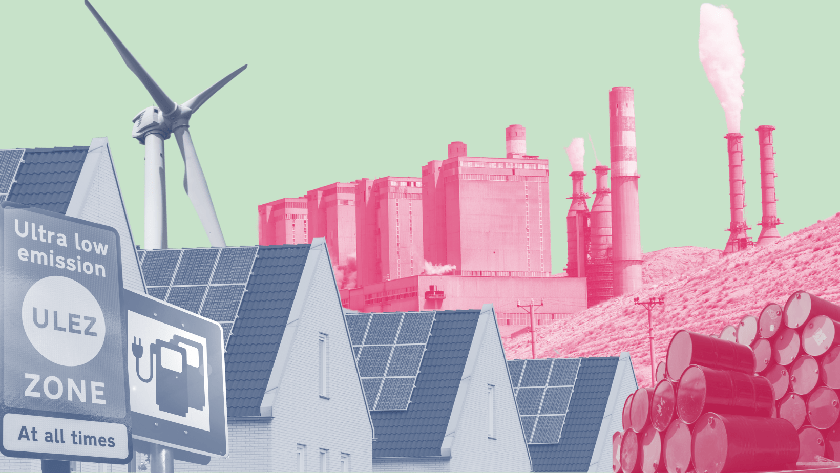In Short : Forging a path to net zero involves implementing a comprehensive strategy that addresses environmental impact across various sectors.
In Detail : According to the latest IPCC report, we need to cut emissions by 43% by 2030, to keep average global temperatures from rising above the 1.5 degrees Celsius target. This is unlikely to be achieved. The average global temperature is already 1.1 degrees Celsius above pre-industrial levels. In fact, this year, it was above 1.5 degrees Celsius in almost one out of four days.
Consequences of Inaction:
The economic impact of inactivity is also significant. The World Economic Forum estimates that the economic value of ecosystem services lost due to climate change could reach $2.7 trillion annually by 2050. In addition, the World Health Organization warns that climate change could cause an additional 250,000 deaths per year by 2050 from heat stress, air pollution, and other factors.
Net Zero Transition Challenges:
While countries across the world have taken on ambitious net zero targets, achieving this transition is going to be arduous and complicated. A multi-pronged, multi-stakeholder balancing act is the need of the hour wherein the ramping up of decarbonization efforts and deployment of renewable energy are continually balanced with being economically promising and inclusive in nature.
Opportunity for India:
Net zero transition presents a never-before opportunity for India, uniquely positioned to power its own sustainable growth and net zero transition. India has the potential to lead the Global South in its decarbonization efforts, forming a bridge between the developed and developing worlds to ensure a seamless global energy transition. India is progressing towards its goal of 450 GW by 2030.
Progress and Investments:
According to the recent UN Global Stocktake, annual global climate finance flows have increased and crossed US$800b. But this is only about 30% of the US$2.5 trillion needed each year until 2030 to meet the Paris Agreement Goals
Barrier Removal and Support:
We need to remove barriers to renewable energy deployment, such as permitting delays and grid integration challenges, accelerating the deployment of renewable energy. Supporting developing countries with financial assistance will aid in their transition to a low-carbon economy.
Collaborative Efforts and Price for Carbon:
By working together, we can achieve net zero emissions and create a cleaner, more sustainable future for all. One effective way is by putting a price on carbon emissions or imposing a carbon tax. Developing new technologies, including carbon capture and storage, advanced battery storage, and green hydrogen, is crucial in reducing emissions.
Government Role and Public Engagement:
Governments play a crucial role in achieving net-zero by implementing policies that encourage renewable energy adoption, setting emission reduction targets, and providing incentives for sustainable practices. Clear guidelines, financial support, and regulatory frameworks empower industries and individuals to contribute to a greener future. Informed citizens are key contributors to achieving the goal, driving awareness, making sustainable choices, and fostering a collective commitment to environmental responsibility. Their active engagement is crucial for the success of net-zero initiatives.

